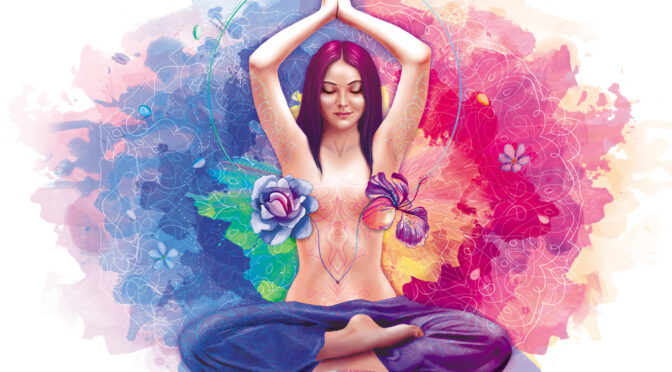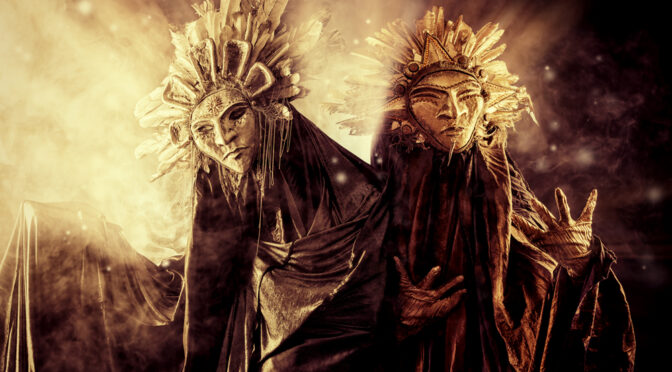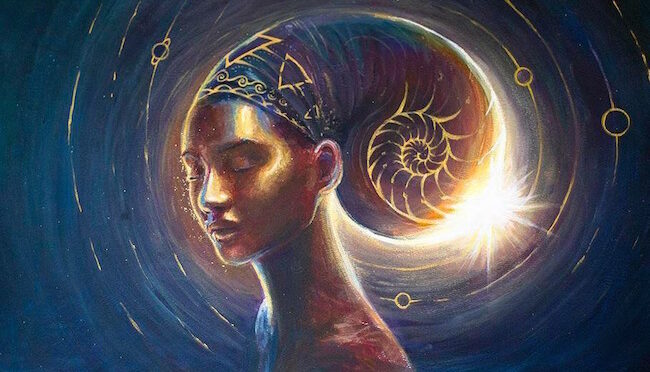The amount of information and general news of the ongoing activities of humanity are growing exponentially. Schools are under more and more pressure to keep up with the intellectual volume. As we focus on teaching our children facts and statistics, we neglect methodologies that encourage common sense. While wisdom can’t be taught, it can be encouraged. There are general facts that every student should learn about the value of time and interpersonal connections. Here are some suggestions for new lines of study.
The 80/20 Rule
This rule states that eighty percent of the ‘value’ you get out of life will come from a mere twenty percent of your activities. This is known as the Pareto Principle. This makes sense, as most of the day to day activities we preform are mundane and fulfilling.
If you start to dissect your time and diagnose what is the twenty percent that gives you happiness and fulfillment, you can start to re arrange how you spend your time. Re prioritizing the activities of your life will help you get more fulfillment out of your day to day.
Parkinson’s Law
This law talks about how the difficulty of your tasks increases depending on how long we have to find a solution. So if you are made aware of a problem and give yourself to find a week to find a solution, it will be harder to find an answer than if you gave yourself a day. So cut down the amount of time you give yourself to make a decision. this will also give you more time to implement the answer.
First Give Value, And You’ll Get Value
Today many want something for nothing. This isn’t how life works. You more you put into a relationship, your job, or your workout routine, the more gratifying the results of your labors. With this in mind your should always try to do your best in every situation and be genuine in your actions. This will provide the maximum yield of ‘results’.
Be Proactive, Not Reactive
If you spend your life reacting to life’s baseballs and obstacles you will never ‘move forward’ in your life. Simply reacting to life ensures that you will never progress with your growth. You will never learn to keep an eye on the events in your life. Because you are waiting for life to prompt responses, you will be waiting around a lot.
A reactive life style also means that you will be continually dependent on external forces for everything. Life is about cultivating internal resources. While it is wise to take advantage of events as they unfold, you should not rely on them.
Mistakes and Failures Are A Good Thing
If you never make mistakes this means that you are not trying anything new or pushing the limits. Mistakes are only mistakes because we frame the scenario’s success in with our intended goals. While we weren’t able to achieve that specific end, we did successfully reach many unintended goals that we weren’t aware of.
We choose to focus on what wasn’t attained. Even in this perspective, our failures reveal more about us and our abilities than success will. When we ‘fail’ at something we are more inclined to look at the scenario as a whole. We can use this experience this learn much about ourselves and grow for the better.
Don’t Beat Yourself Up
We not only choose the baggage we carry with us but we are the only ones who can torment ourselves. We frequently project onto institutions and people around us. We say that this person makes us feel bad, but in reality we hand people the power to influence us in this way.
You deserve forgiveness and love, no matter what. If a choice or scenario is or has caused you discomfort and pain, how is you prostrating yourself helping your current happiness? Forgive yourself, learn and move forward. It’s one of the two choices you have in dealing with the past. This is the only productive one.
Assume Rapport
Meeting new people can be difficult and awkward, but only if you make it so. Don’t let your fears or insecurities project onto this new character in your life. While using common sense, treat everyone the same as you would an old friend.
There is common ground between everyone, and every one wants genuine encounters with others. Small talk can be stressful so avoid it, talk about real elements in one another’s lives. Assume this desire to enjoy new and sincere personalities in everyone you meet. This will speed up the ‘getting to know you’ phase and avoid embarrassing and awkward moments.
Comparative Thought Is A Trap
Comparative thought is a natural line of thought. How ever there are different ways to understand and appreciate differences in ideas and people with out comparing. If you use comparative thought to bring you happiness then you will always depend on external forces to dictate your mood. Most ‘understandings’ of other people are projections on our parts or lies that person is using to hide aspects of themselves.
While a person may explain their feelings and desires, but no matter how thorough the dissection of personal formations, it will always be incomplete.
Expectations Are Never Helpful
Expectations can provide feelings of security against the chilling unknown. These feelings are always followed by that of disappointment and sadness. Events never unfold exactly as we plan or hope. Even if you try to create expectations that are entirely objective, you create form these formations off limited information. We can only comprehend a limited slice of the infinite possibilities.
The inherent limitations of our imaginations and knowledge make it so we can (thankfully) not predict the future. In fact the attempt to do so closes our minds and spirits to the wild inclinations of the known. Often the path we walk is limited only by our own perceptions. Don’t give you ego or insecurities the power of limiting the potential of your future.











 This stage is marked by a preoccupation with with physical appearances. We come to grips with how our bodies look. Here we identify our strengths and begin to develop insecurities.
This stage is marked by a preoccupation with with physical appearances. We come to grips with how our bodies look. Here we identify our strengths and begin to develop insecurities.
